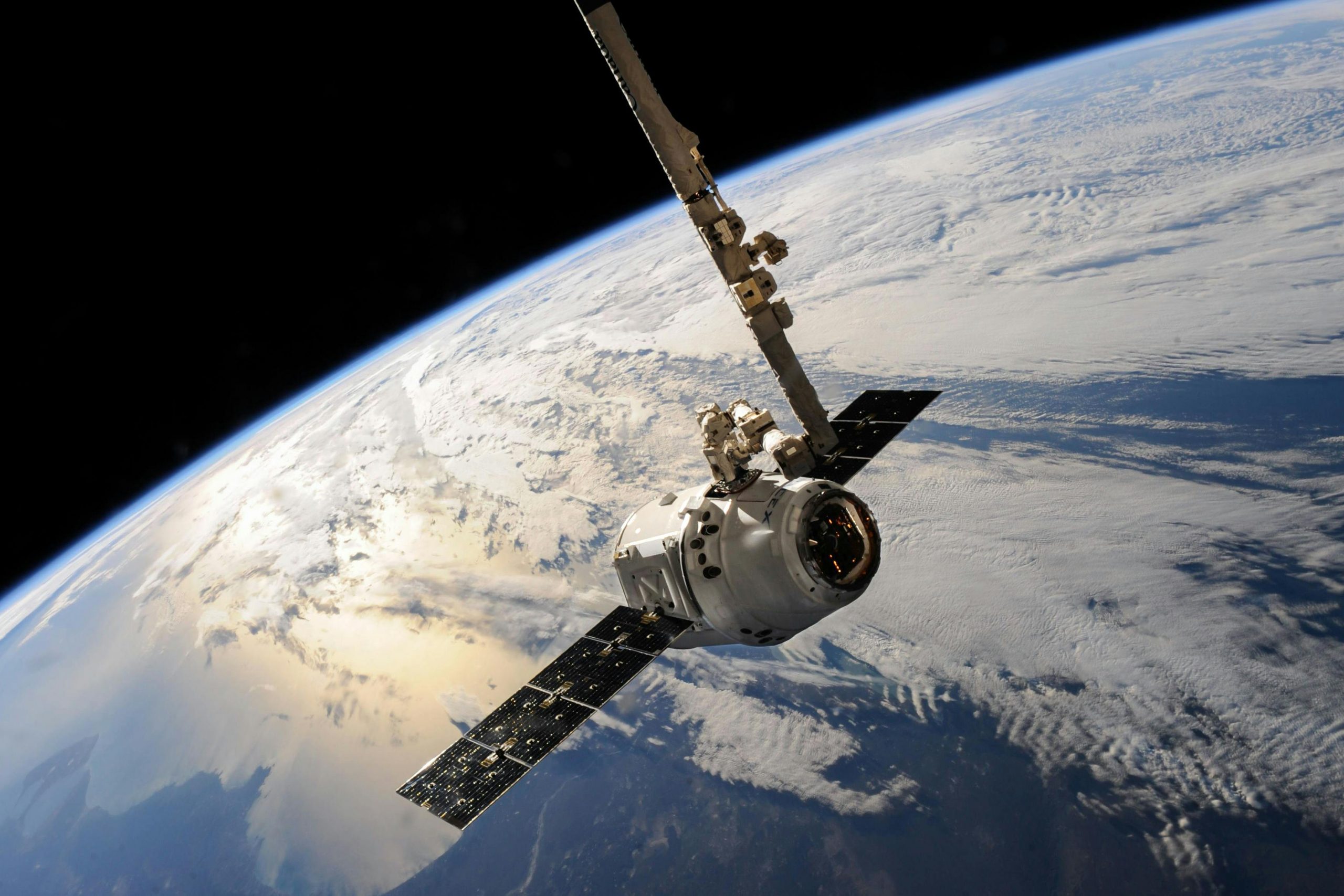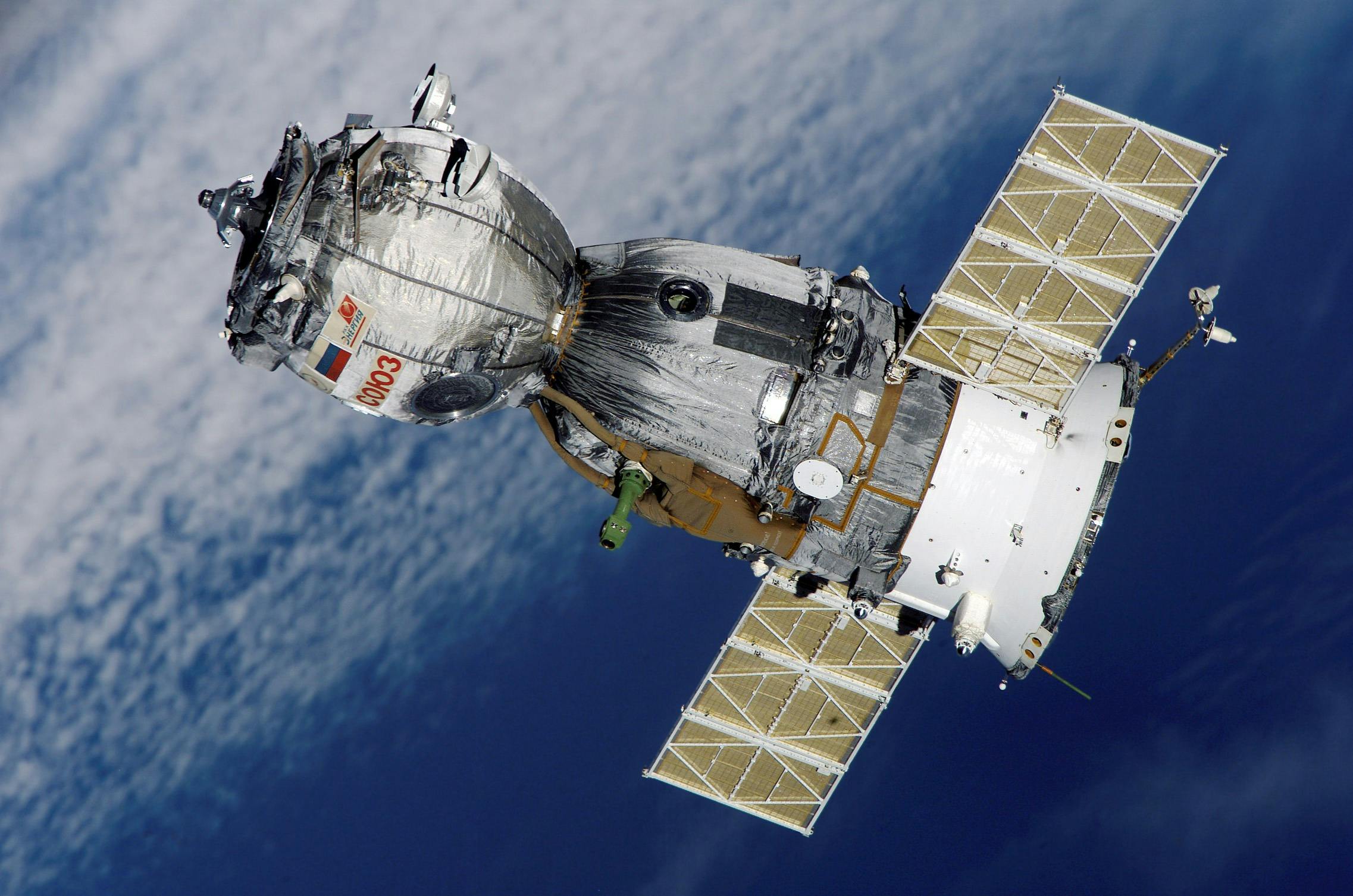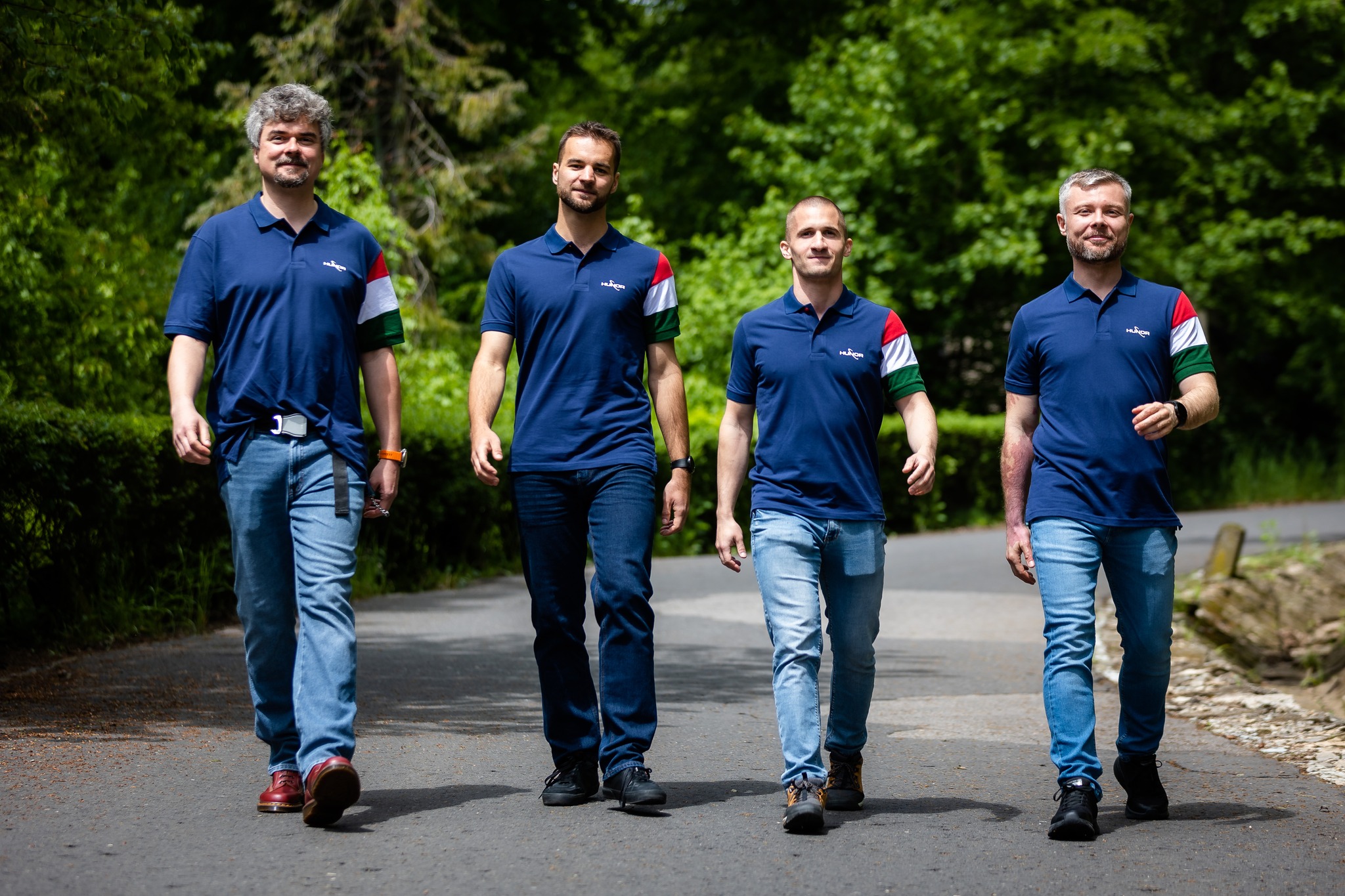
Gergely Fábián emphasized the importance of continuous consultation with industry players.Continue reading

Hungary has signed a framework agreement with the European Space Agency (ESA) on cooperation in the national space research program, the Ministerial Commissioner for Space Research of the Ministry of Foreign Affairs and Trade announced in a video posted on Facebook.
Orsolya Ferencz said that the Hungarian to Orbit (HUNOR) program has reached another milestone. With the agreement, ESA will provide support not only for the training of astronauts, but also for the training of flight surgeons, the implementation of activities at the ground control center and the integration of the science program.
This is a unique opportunity because Hungary is the first of the 22 Member States to have a national space research program as an official partner of the ESA,”
the Commissioner stressed.
She pointed out that this is a “truly unique” agreement, as it is the first time that the space agency has entered into a partnership with a Member State implementing its own national astronaut program, allowing Hungarian astronauts to continue their training at ESA’s centers in Cologne and the Netherlands.
“With this framework agreement, the Ministry of Foreign Affairs and Trade is taking its cooperation with the European Space Agency to a new level, enabling us to foster closer partnerships with our international partners.
This is important not only for the Hungarian space sector, but also for the entire European space community,”
highlighted Orsolya Ferencz, adding that this is a “great moment” for the entire Hungarian scientific community and Hungarian space research.
In her video, the Commissioner recalled that in 2021, the Hungarian government adopted the Hungarian Space Strategy Plan developed by the Ministry of Foreign Affairs and Trade, enabling national research centers, universities, and space companies to work together in a joint national space research program.

Astronauts of the HUNOR program. Photo via Facebook/HUNOR – Magyar Űrhajós Program
The country also launched its national astronaut program in mid-2021, in close cooperation with Axiom Space, Inc. The entire program draws USD 99 million from the state budget, including Hungarian R&D (research & development) activities and science experiments to be conducted in space. The program would create “space heritage” for the entire Hungarian space sector, which is essential for successful involvement in international value chains.
The universities, companies, and space industry organizations participating in the HUNOR program will implement scientific instruments, research, and scientific programs that the Hungarian astronauts will be able to carry out on board the International Space Station at the end of 2024 or early 2025, Ferencz concluded.
Via MTI; Featured image via Pexels